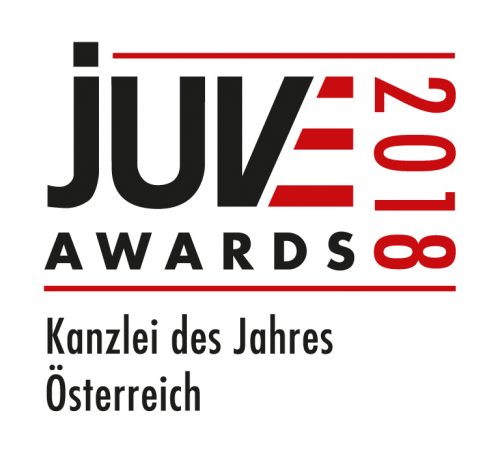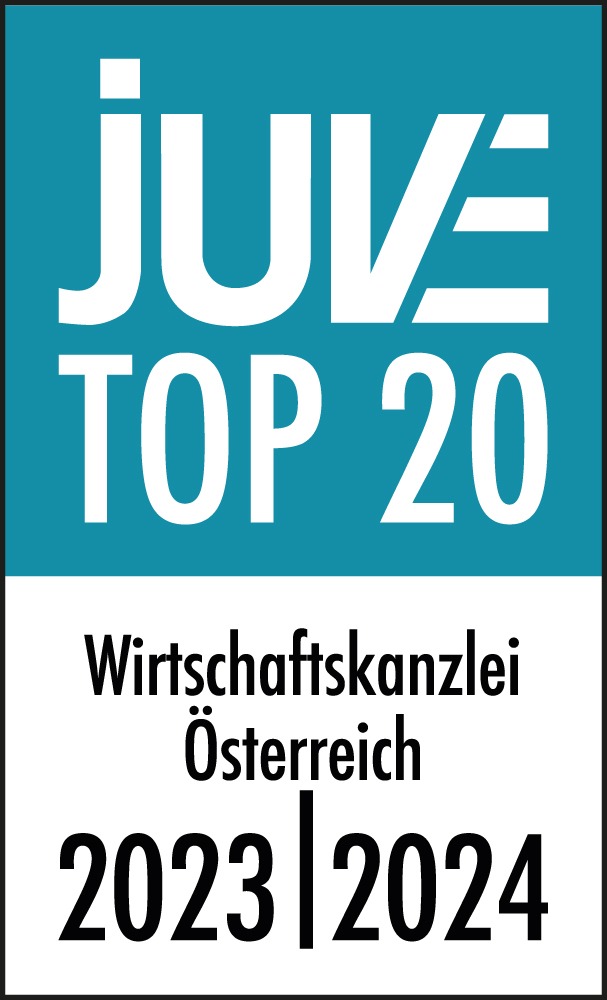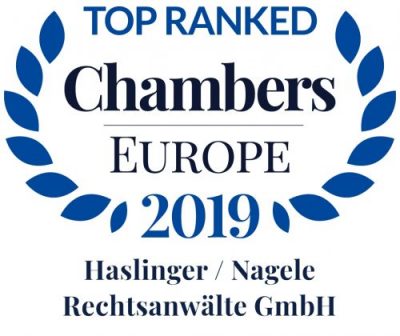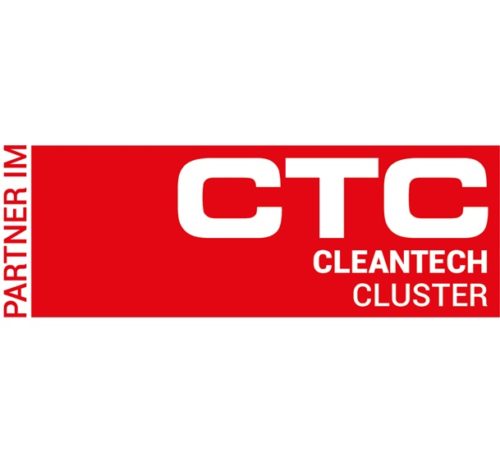Whistleblowing reporting systems
We help with implementation and processing!
While most people primarily associate islands with picturesque summer vacations, environmental lawyers also find interest in more unconventional kinds of islands. The waste (collection) island, an artificial island of urban space, has now also occupied the Supreme Administrative Court (VwGH 02/23/2023, Ra 2021/05/0063).
The Supreme Administrative Court addressed the question of whether the highly popular practice of leaving (still usable) items, such as child car seats, on a garbage (collection) island next to the garbage containers is permissible from a waste law perspective.
Previously, a woman had placed a child car seat in the area of a garbage island directly behind the garbage containers. The authority issued a penalty decision as the child seat would constitute waste in the sense of the Waste Management Act 2002 and the specific parking place was not a suitable location designated for collection or treatment under section 15 (3) AWG 2002.
The woman appealed against the penalty decision. With reference to the explanations (ErlRV 2293 BlgNR 24. GP 6), the State Administrative Court of Styria summarized that a garbage island generally qualifies as a suitable location for collection or treatment, and that it needs to be determined why the garbage island in question could not be considered a suitable location. Since no such determination had been made, the decision was deemed unlawful.
The Supreme Administrative Court disagreed with the legal view of the State Administrative Court of Styria. Placing waste next to a container would contradict the objectives of sustainable waste management because this would generally make both the collection and any further recycling of the waste more difficult. Waste should always be sorted into the designated waste containers so that collection and recycling or disposal can be carried out in the most resource-efficient way possible.
The usability of the discarded items and the possibility of reuse by someone else does not change the inadmissibility of placing them next to the containers. Recyclable waste can be recycled in designated collection centers, in second-hand stores or at flea markets without being exposed to the weather, which could cause it to lose its recyclability. Moreover, the Internet offers numerous opportunities to easily pass on used items.
Therefore, the space next to a waste collection container is not a suitable place for the collection or treatment of waste within the meaning of section 15 (3) Z 2 AWG 2002.
The introduction of a mandatory deposit system as of January 1st, 2025, was already established with the AWG amendment for the circular economy. The forthcoming AWG amendment for digitalization and the deposit ordinance for single-use beverage containers will now specify the relevant requirements: The deposit system applies to single-use bottles and cans made of plastic or metal. Apart from milk and milk-mix drinks, a deposit of 25 cents is charged for all types of drinks and containers with a volume of 0.1 to 3 liters. When returning the empty containers, the consumer will receive the deposit amount back. All single-use beverage containers can be identified by a uniform deposit symbol.
In principle, all final distributors, i.e., commercial sellers, are to be obliged to take back these packages. There are exemptions and exceptions for final distributors who only accept such packaging manually and for the food service industry where single-use beverage packaging is not taken away by the consumer. At highly frequented places, such as airports, train stations or shopping centers, a joint return point may also be established, whereby the “deposit vouchers” issued there can be redeemed in the immediate vicinity.
The AWG amendment for digitalization and the deposit ordinance were under review until the end of April. An announcement in the Federal Law Gazette is expected in the fourth quarter of 2023.
This article is for general information only and does not replace legal advice. Haslinger / Nagele Rechtsanwälte GmbH assumes no liability for the content and correctness of this article.
21. June 2023






